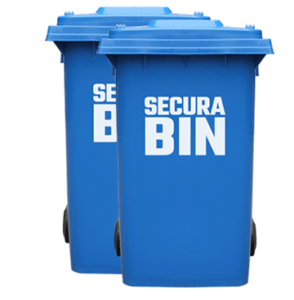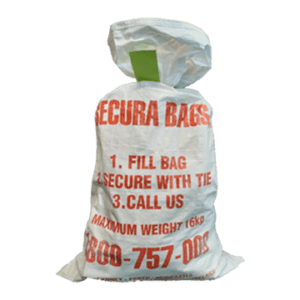FINANCIAL DOCUMENTS
When it comes to protecting yourself from identity theft and fraud, one of the most important things you can do is to shred your financial documents. These documents often contain sensitive personal information such as your name, address, banking details, or credit card numbers that a criminal can use to steal your identity or access your accounts. To keep yourself safe, it’s important to always shred these documents in a secure manner before discarding them. You can either use a commercial paper shredder or take them to a professional shredding service. Either way, be sure to always SHRED YOUR FINANTIAL DOCUMENTS in order to protect yourself from the devastating consequences of identity theft and fraud.
AS Soon as they are no longer needed
- Bank Statements
- Tax return documents
- Receipts, Invoices
LEGAL RECORDS
Some records, such as birth certificates and marriage licenses, are considered vital records and should be kept in a safe place. However, other types of legal records, such as tax returns and court documents, can usually be destroyed once the retention time has expired and you do not longer need them for legal actions.
When it comes to legal records, the last thing you want is for that information to be accessible to the public. Whether it’s sensitive personal data or legal documents related to important business deals and transactions, these kinds of records can contain information that can put your privacy and your interests at risk. That’s why it’s so important to actively destroy any legal records that are no longer needed. There are a number of different methods you can use, from shredding and burning paper documents to wiping electronic files. Whatever method you choose, the key is to ensure that all traces of those records have been completely removed.
Printed Documents After Retention Period
- Old leases
- Old Contracts
EMPLOYEE RECORDS
Any business owner knows that safeguarding employee records is a top priority. Not only do these records contain sensitive personal information, but they can also be used to falsely implicate your company in unethical or illegal activities. Unfortunately, simply keeping your employee records in a locked filing cabinet is not enough to protect them from determined criminals. The best way to safeguard your employee records is to SHRED them as soon as the retention period has passed.
This will prevent anyone from being able to access the information, even if they manage to break into your office. So make sure to SHRED YOUR employee records regularly – it’s the best way to protect your business and your employees.
Ex-employees Documents After Retention Period:
- Banks accounts details
- Tax information Numbers
- Contact details
- Work performance history
OTHER BUSINESS RECORDS
While it may seem like common sense to destroy customer records, complaints received, quotes and others when they are no longer needed, there are actually a few good reasons to do it.
First, these records can take up a lot of space, and destroying them can free up valuable storage space. Second, they can contain sensitive information, and destroy them can help to protect your privacy. Finally, these records can be a liability if they are not destroyed properly. If these records are compromised, businesses could be subject to hefty fines or even criminal charges. For these reasons, it is important to destroy customer records in a secure and proper manner.
As soon as they are no longer needed.
- Customer Records
- Complaints received
- dispute details
- quotes given and won


